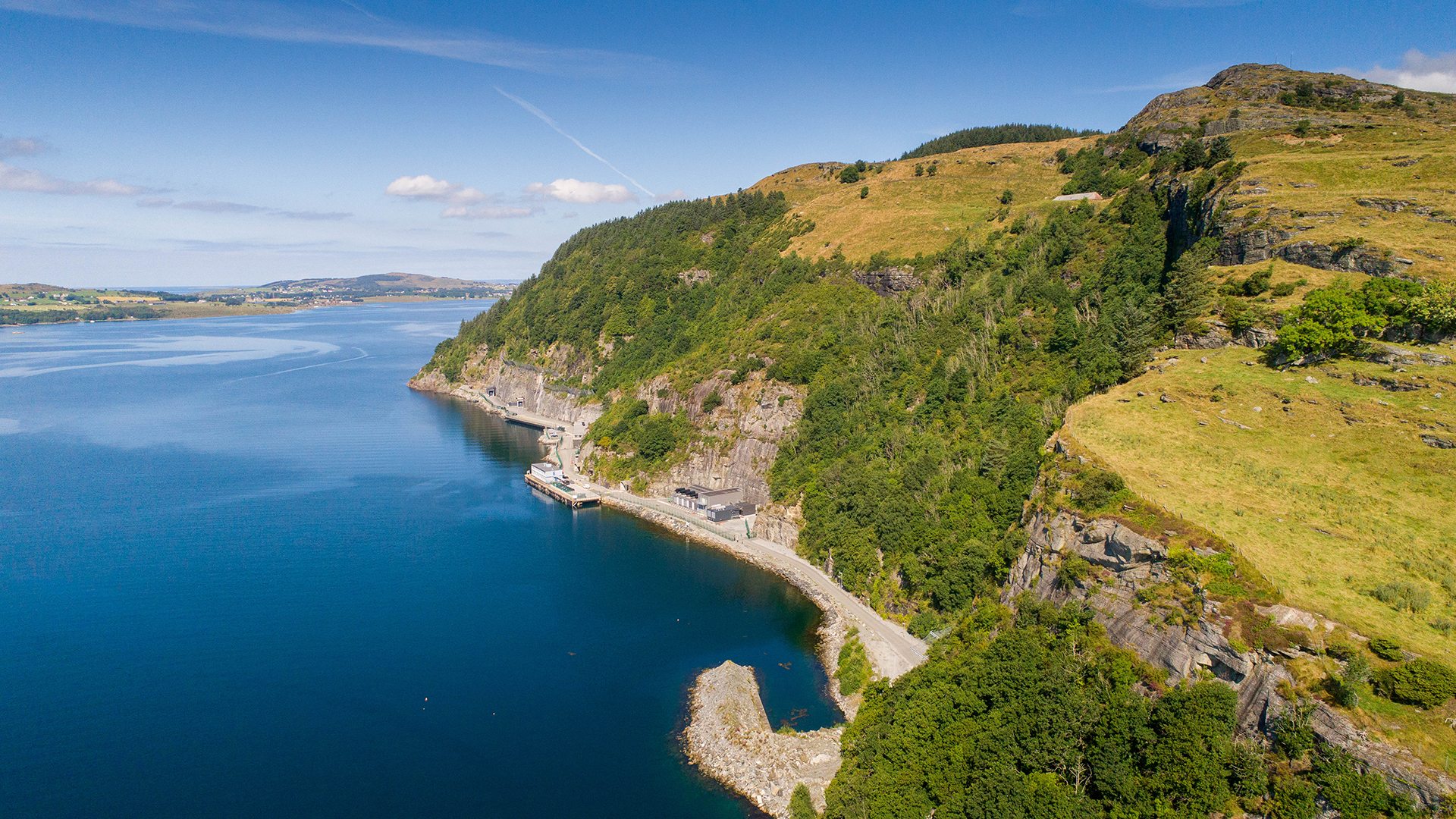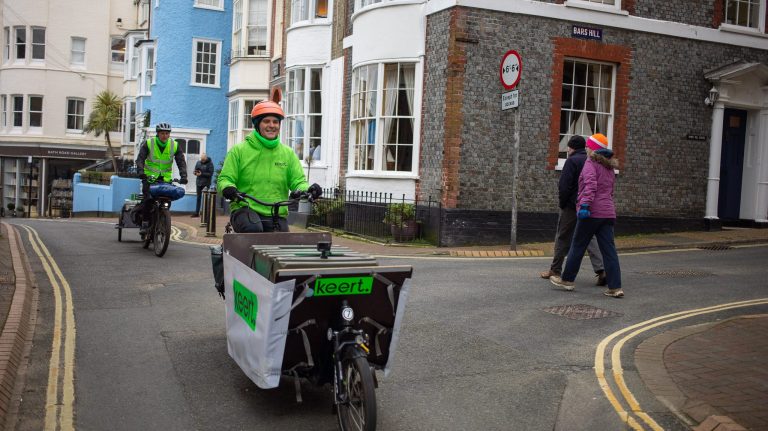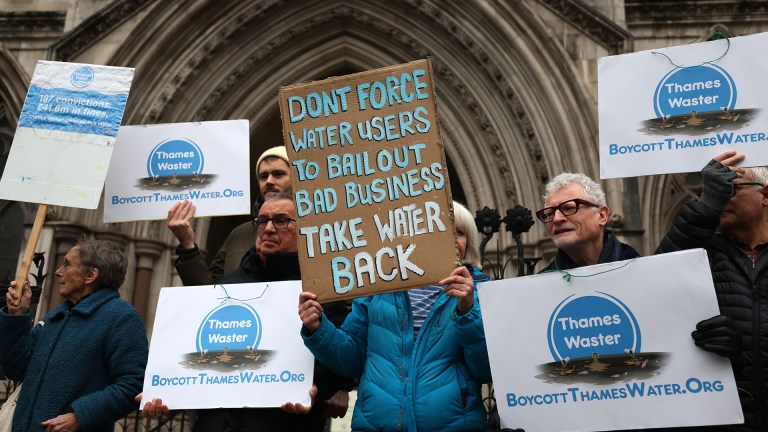The UK has a significant data centre industry, supported by its proximity to Europe and its usually mild climate. In 2022, The National Grid ESO estimated there are 400-600 known data centres operating in the UK. But how many of them are prepared for the climate crisis?
In the side of a Norwegian mountain, 500 miles from London, cold concrete basks in ethereal server light. This is SVG-1 Rennesøy, a disused Nato munitions bunker converted into a data centre. Cooled by renewable hydropower, the site was originally designed to withstand nuclear blasts and natural disasters.
And it isn’t alone. From Paris to Kent, disused bunkers are given new life as data centres. They are typically touted for their security, a key concern for companies looking to protect private data. However, they may also have potential for climate resilience. Designed for one looming apocalypse, abandoned bunkers could provide a haven for the world’s data centres.
In 2020, Microsoft trialled a UDC off the Orkney Islands, claiming it was eight times more reliable than on-land centres. Since then, China has launched its first underwater data centre (UDC) off the coast of tropical island Hainan. The centre will cool itself using ocean water, which China Daily reports could save 30,000 cubic meters of water per megawatt each year.
Meanwhile, at The Hong Kong Polytechnic University, researchers argue that servers don’t need to be cool at all. They suggest that 56% of cooling costs could be saved by keeping centres at 41°C rather than 21°C. In theory, high temperatures may make centres more resilient to heatwaves. The precise temperature range, though, could still be upset by temperature fluctuations.
Nestled beneath the ground, data centres sit out of sight and out of mind. But modern crises reveal the reality behind our screens. It’s an appropriate metaphor for the climate crisis, the impacts of which are too readily obscured by distance, political noise or greenwashing. Extreme weather can expose structural weaknesses and fault lines in infrastructure designed for a cooler planet.
More fundamentally, it can reveal cultural blind spots. The outages of 2022 should serve as a reminder that the climate crisis touches everything, even the internet.
Since the heatwave, Loughborough University has modernised its data centres to offer greater resilience. Guy’s and St Thomas’ NHS Foundation Trust has pledged to review its data centres and equipment. Others should follow suit. Centres across the globe aim to achieve carbon neutrality, but physical protection against extreme weather has received less attention. Infrastructure must be updated, drawing on the ingenuity of the world’s top scientists and architects.
There is a need to redefine our relationships with our planet on a global scale. The internet reminds us of our connections, but we should prioritise our ties to the natural world. If not, the next heatwave could bring far worse than blank screens.
Chris Poole is a member of The Big Issue’s Breakthrough programme
This article is taken from The Big Issue magazine, which exists to give homeless, long-term unemployed and marginalised people the opportunity to earn an income. To support our work buy a copy!
If you cannot reach your local vendor, you can still click HERE to subscribe to The Big Issue today or give a gift subscription to a friend or family member.
You can also purchase one-off issues from The Big Issue Shop or The Big Issue app, available now from the App Store or Google Play










